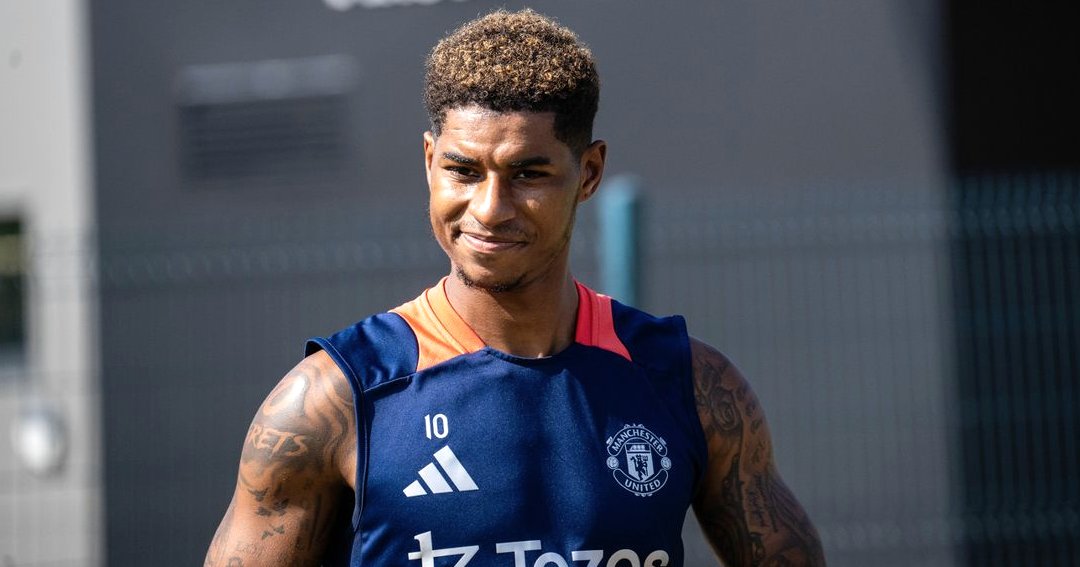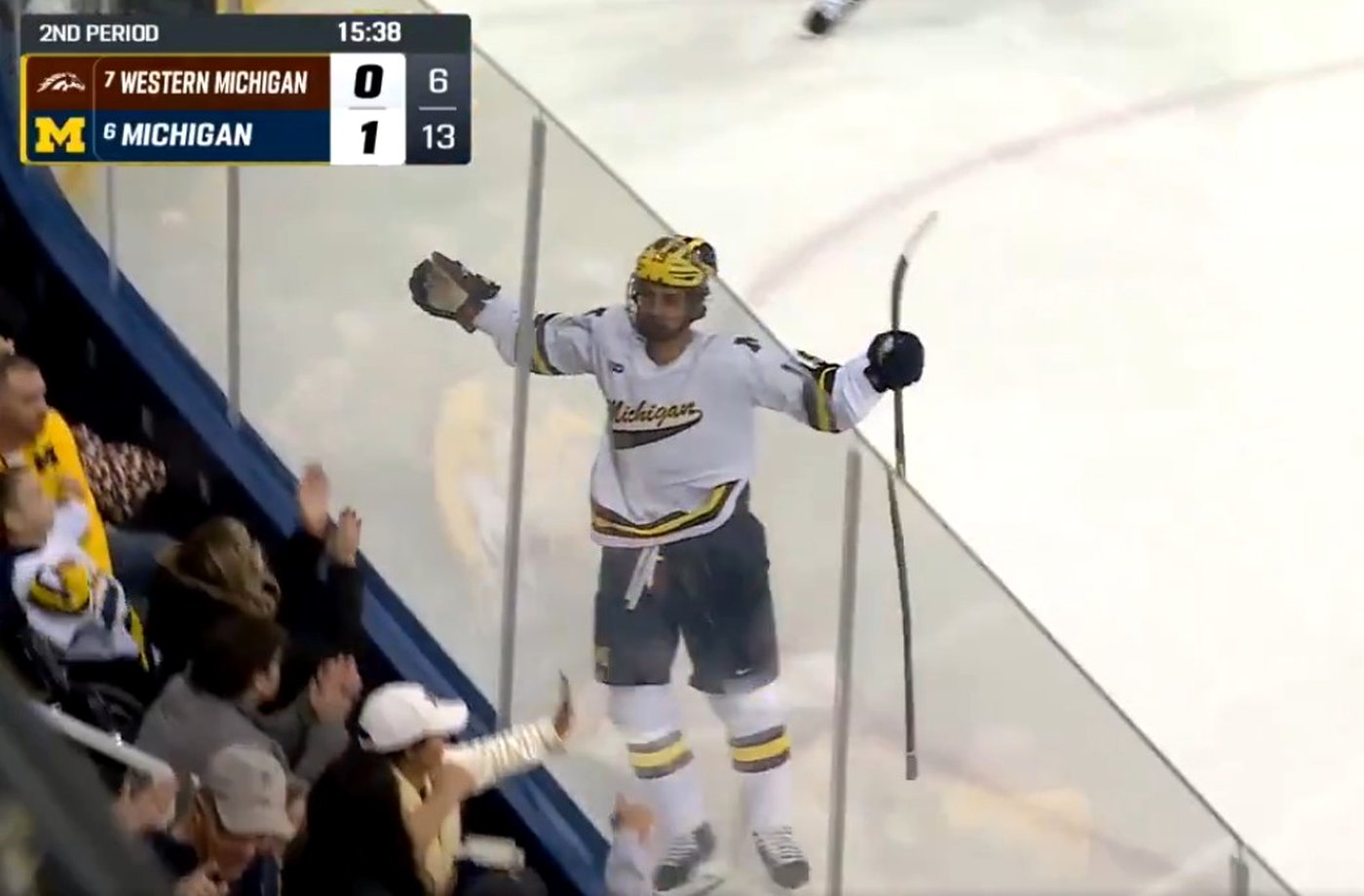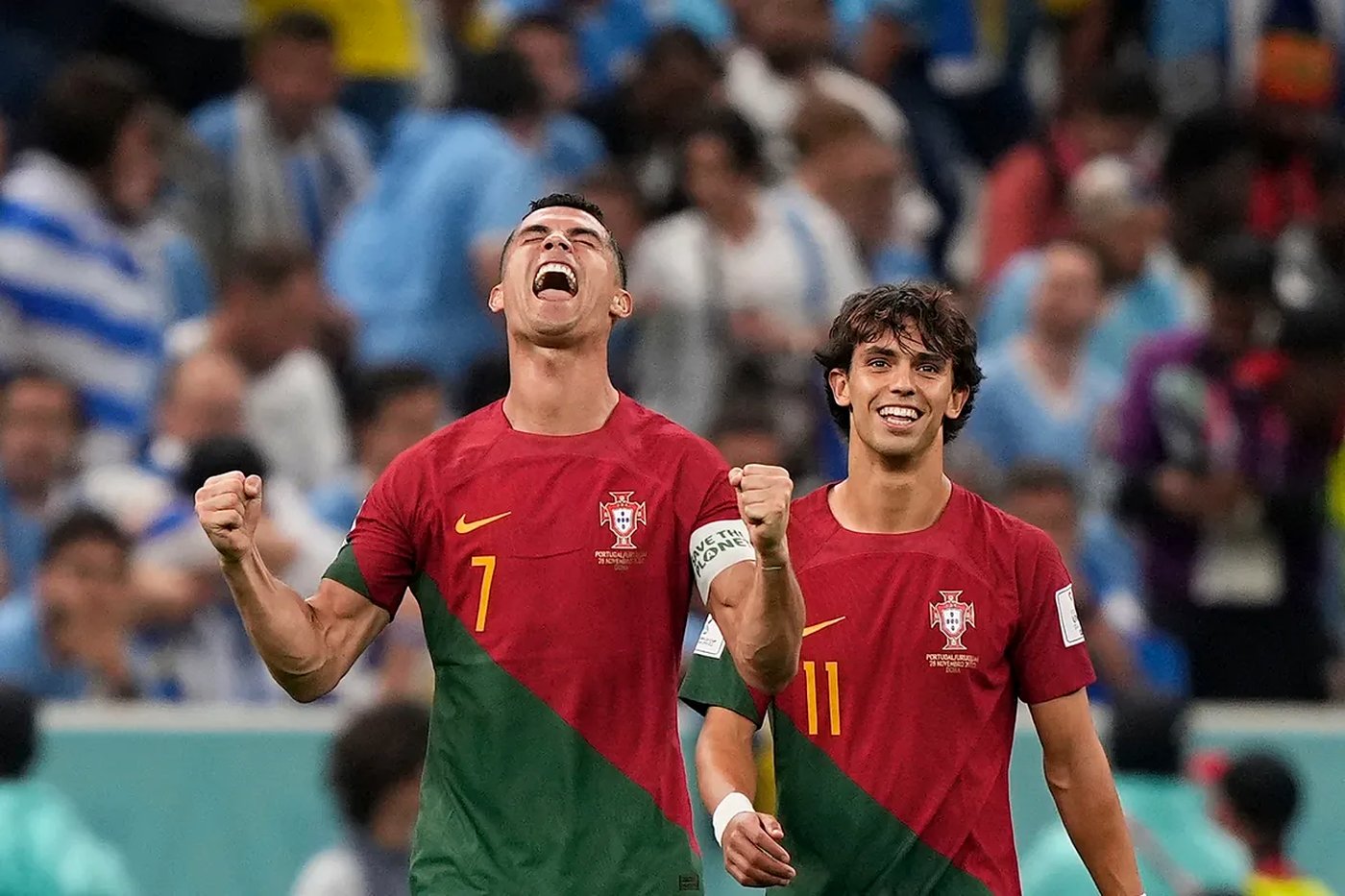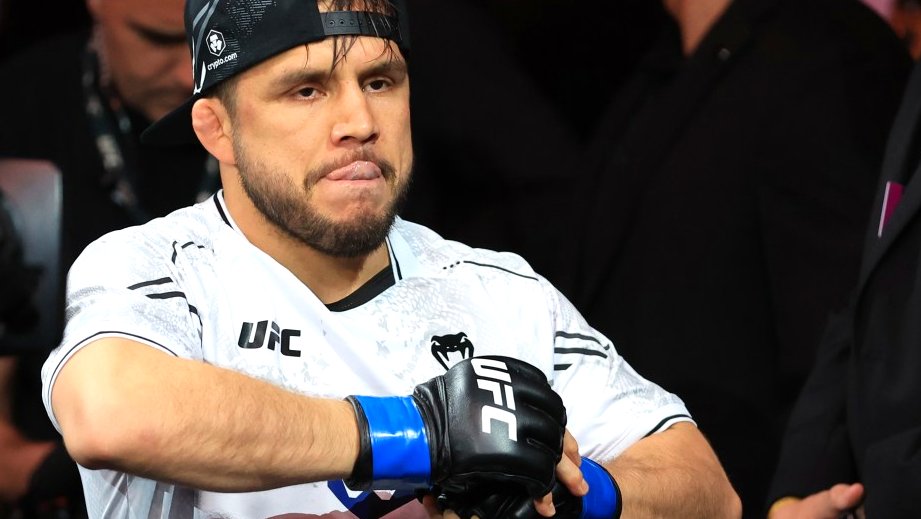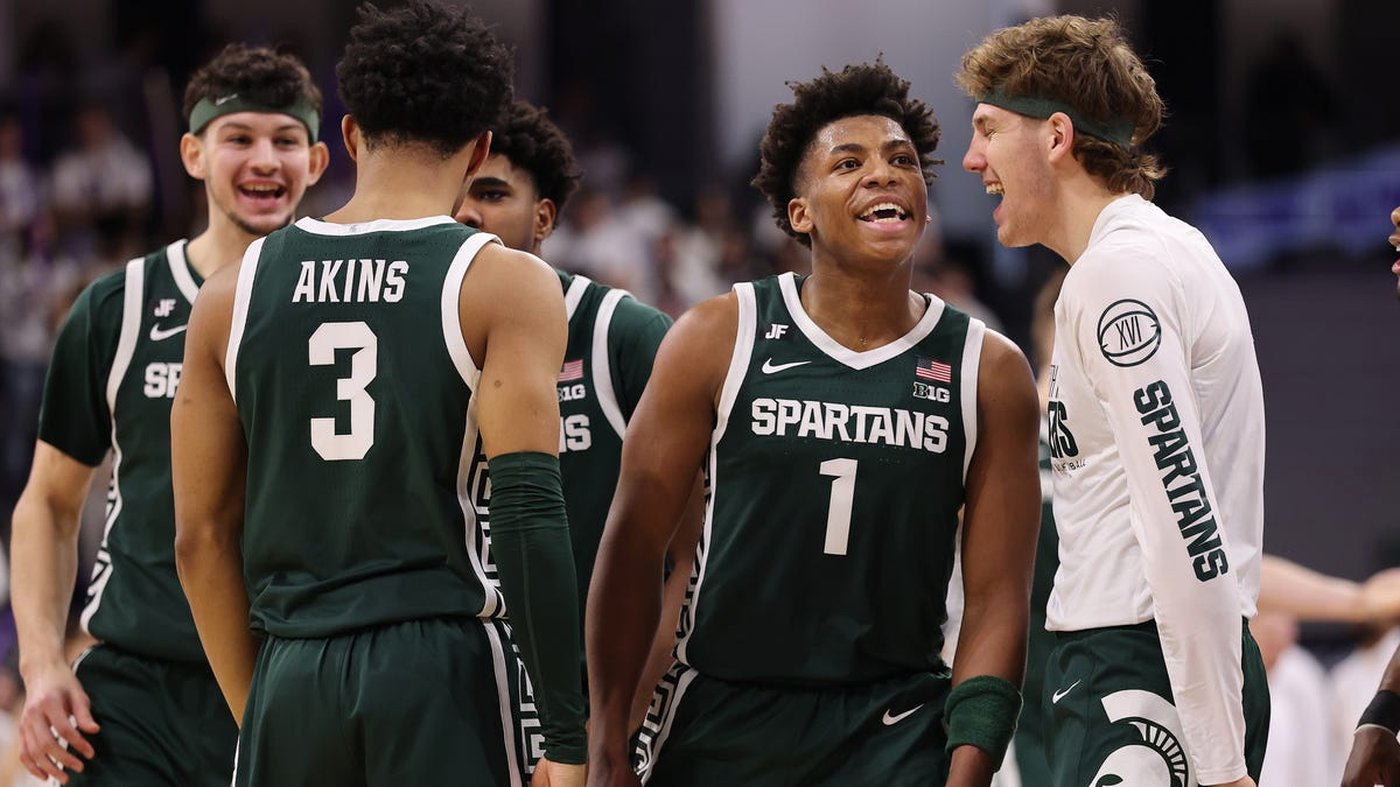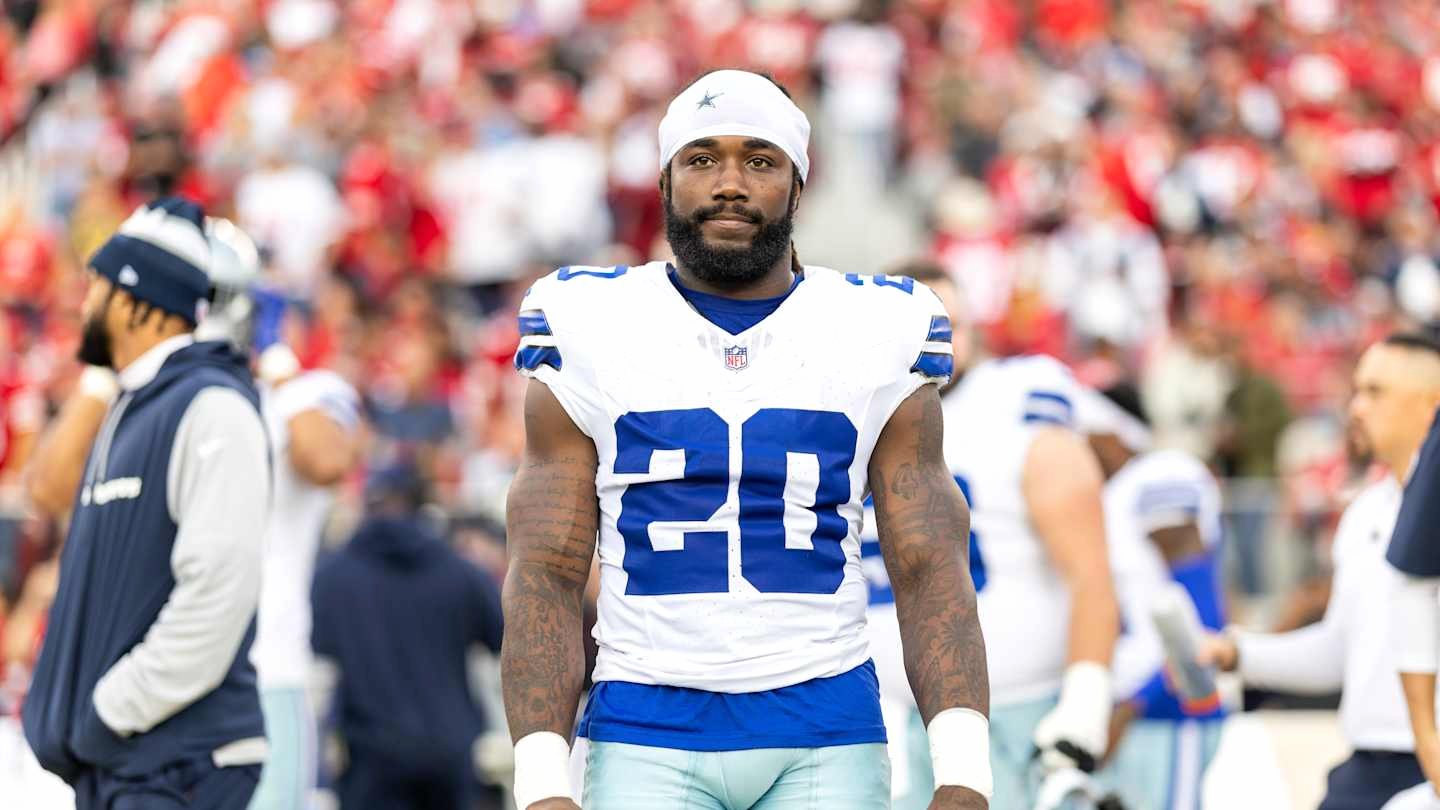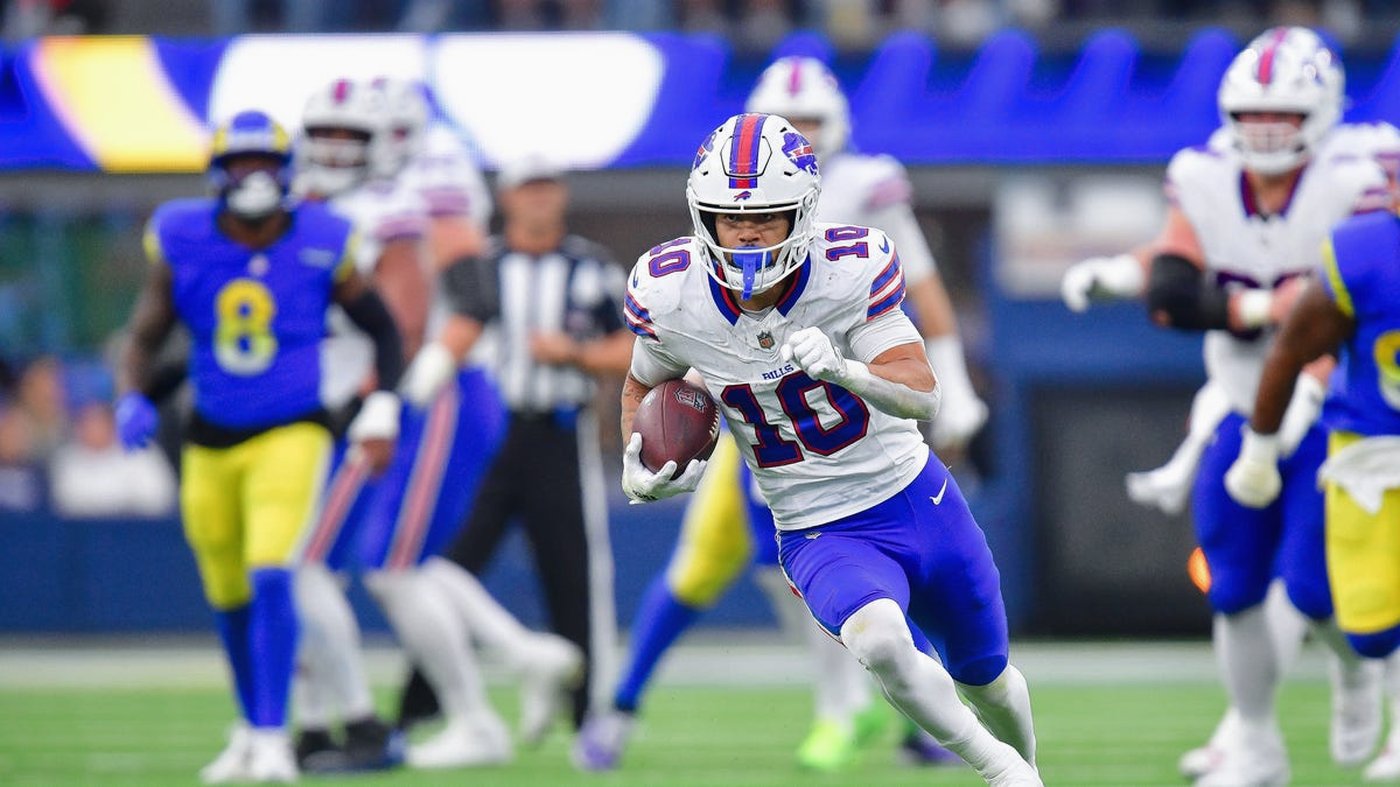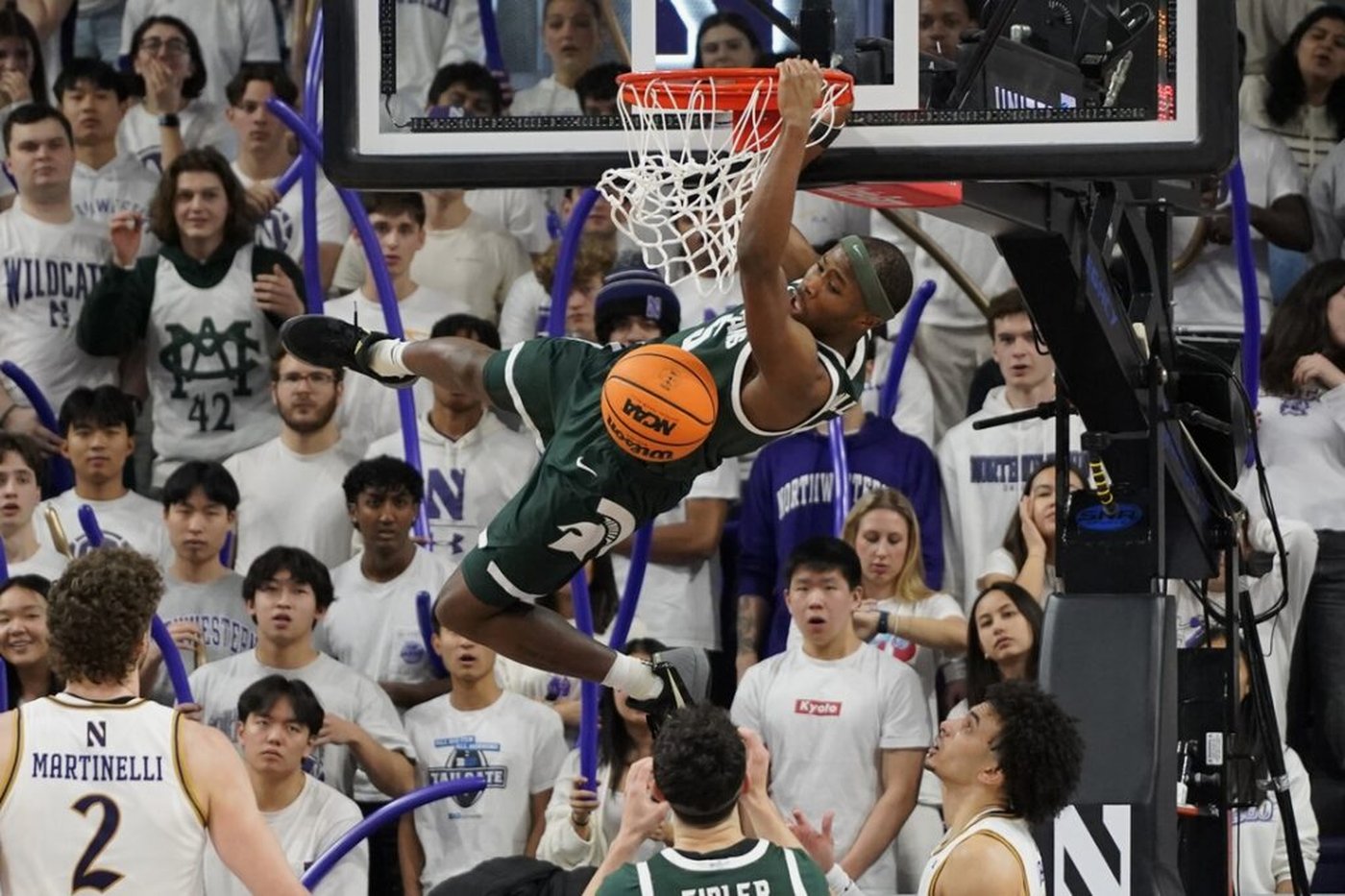Manchester United is caught in a precarious situation as Marcus Rashford’s transfer saga drags on. Despite the player’s desire for a fresh start, limited interest from top clubs and his staggering wages have complicated efforts to move him, leaving the club facing potential financial losses.
Rashford’s reputation takes a hit in the transfer market
It has been weeks since Rashford expressed his intention to leave Old Trafford, but concrete offers remain scarce. The most notable interest came from Saudi Arabia, but Rashford swiftly dismissed the idea of a move to the Middle East, preferring to remain in Europe’s competitive leagues. Meanwhile, rumored links to Premier League rivals Arsenal and Tottenham were quickly quashed, with neither club willing to pursue the 27-year-old forward.
European giants such as Juventus and AC Milan have surfaced as potential suitors, but their interest appears to be lukewarm. Reports suggest they are prioritizing younger, cost-effective players, such as Joshua Zirkzee, over a high-risk investment like Rashford. Once hailed as one of England’s brightest stars, Rashford’s inconsistent form over the past 18 months has significantly diminished his appeal.
The financial barrier: Wages and valuation
At the heart of the dilemma lies Rashford’s exorbitant salary, which ranks among the highest in European football. Even with a hypothetical 50% wage reduction—a concession Rashford is unlikely to make—his earnings would still place him as a top-tier earner at most clubs. This has deterred financially constrained European teams, leaving only a handful of Premier League clubs capable of meeting both his wage demands and Manchester United’s valuation.
West Ham’s rumored interest highlights the extent of Rashford’s declining market value. For a player once linked with Europe’s elite, a potential move to a mid-table side like West Ham reflects how far his stock has fallen. While new manager Graham Potter’s arrival may give the Hammers a boost, their ability to meet Rashford’s financial requirements remains questionable. For Manchester United, this lack of credible suitors presents a major obstacle to resolving the situation.
The widening financial gap between Premier League clubs and Europe
Rashford’s predicament underscores the growing financial disparity between the Premier League and other European leagues. Clubs like Napoli, Milan, and Juventus, often regarded as traditional powerhouses, are increasingly unable to compete with the financial strength of even mid-tier English teams. While these clubs could offer Rashford a chance to revive his career, their economic limitations make it unlikely they would match Manchester United’s asking price or the forward’s wage expectations.
This financial reality has boxed Manchester United into a corner. Without serious interest from abroad, the club may be forced to keep Rashford on the books until the summer, absorbing his substantial wages in the meantime. This is a precarious position for a team already grappling with squad imbalances and a challenging season.
What’s next for Rashford and Manchester United?
As the January transfer window progresses, the clock is ticking for both Rashford and Manchester United. For the player, staying at Old Trafford might provide an opportunity to rebuild his form and rebuild his standing as one of England’s elite forwards. However, remaining at the club also prolongs the uncertainty surrounding his future, which could further erode his confidence and market value.
For Manchester United, failing to offload Rashford could have significant ramifications. The club risks being saddled with a high-earning player who no longer fits their long-term plans, limiting their ability to invest in other areas of the squad. While late-window moves are always a possibility—Victor Osimhen’s unexpected transfer to Galatasaray last summer serves as a reminder—such deals come with reduced leverage and often unfavorable terms.
The Rashford transfer saga is emblematic of the complexities of modern football, where financial realities, player form, and market perception intertwine. As the transfer window edges closer to its conclusion, both Rashford and Manchester United must navigate a pivotal moment that could shape their respective futures.
Related posts:
- Manchester United Faces Financial Hurdles Ahead of January Transfer Window
- 2025’s Free Agent Frenzy: Top Soccer Stars Set to Shake Up the Transfer Market
- Top Soccer Stars Set to Become Free Agents in 2025: A Game-Changing Transfer Window
- Marco Asensio Sparks Interest Across Europe as PSG Eyes Potential Winter Exit

